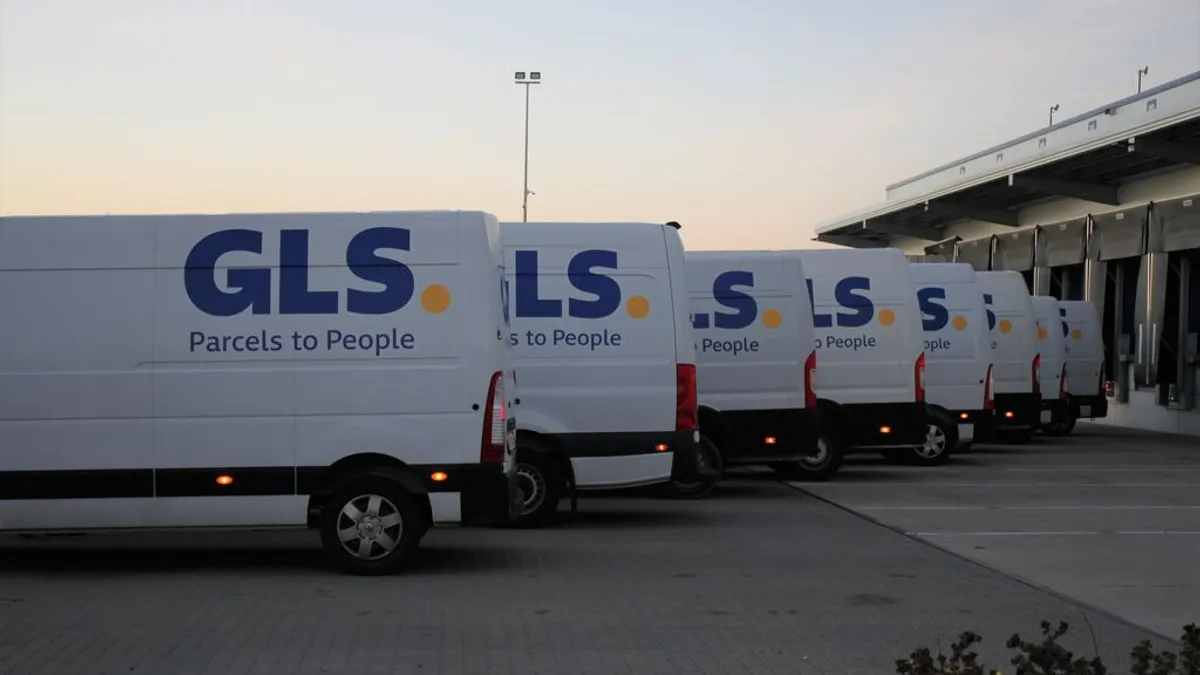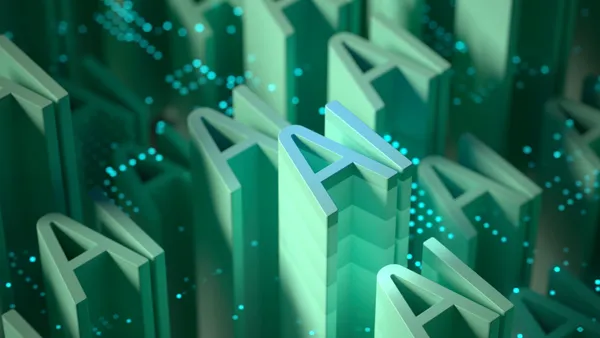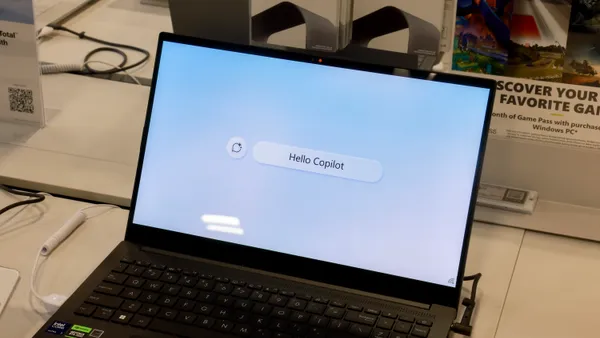Dive Brief:
- SAP has introduced "Leonardo," a new Blockchain as a Service (BaaS) offering which is "ready-to-use blockchain technology" that resides in the SAP Cloud, CNBC reported. Leonardo is accessible remotely rather than dependent on 'on premise' technology or end-user software.
- SAP Leonardo functions comprehensively, as it features blockchain Cloud service technology, as well as machine learning and the internet of things (IoT), which will integrate as a single ecosystem.
- This fusion of technologies offers the ability to automatically order new parts or consumables in a business supply chain connected to the IoT. Artificial intelligence (AI) is included in order to automate procedures, while the blockchain acts to propagate smart contract orders and/or pay for goods.
Dive Insight:
SAP's move into BaaS technology makes the company the latest, along with other such giants as Microsoft and IBM, to embrace blockchain as a core of secure transaction-based business. Designed and built off of the Hyperledger open source blockchain platform, SAP's Cloud portfolio is a strong fit for the peer-to-peer driven technology where the decentralization of data creates high Byzantine fault tolerance (BFT).
As supply chains move into ever-increasingly complex states of existence, featuring multiple suppliers, delivery and levels of service, blockchain tech represents an eminent future that both solves the lack of visibility that the chain has endured as well as ensures greater security that is the calling card of blockchain's open distributed ledger. Logistics firms in particular are beginning to embrace the technology, and customers too can appreciate the visibility along chains that were previously too opaque to comprehend. And the latter too is increasing in importance for the new generation of consumer.
Companies who recognize that mastery of their supply chain leads to sustainable competitive advantages will increasingly stand to benefit in the understanding and application of blockchain technology, be it through superior tracking of assets, reduction in errors and elimination of fraud and theft. As companies such as IBM have demonstrated, the risks inherent in financial transactions, particularly in pharmaceuticals, are too significant to sidestep all the benefits that blockchain brings to the fold.















